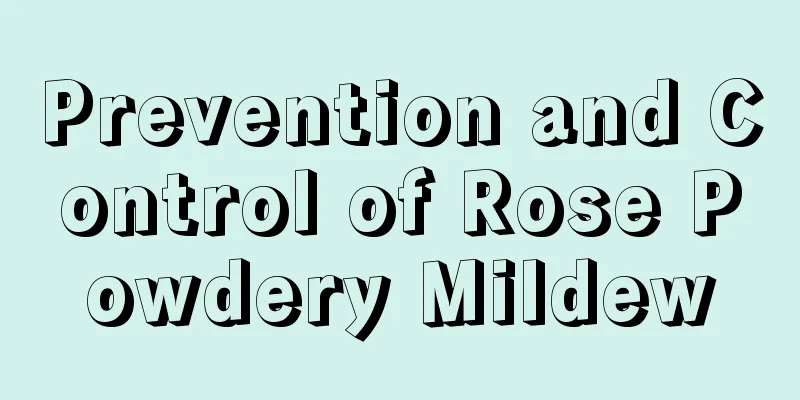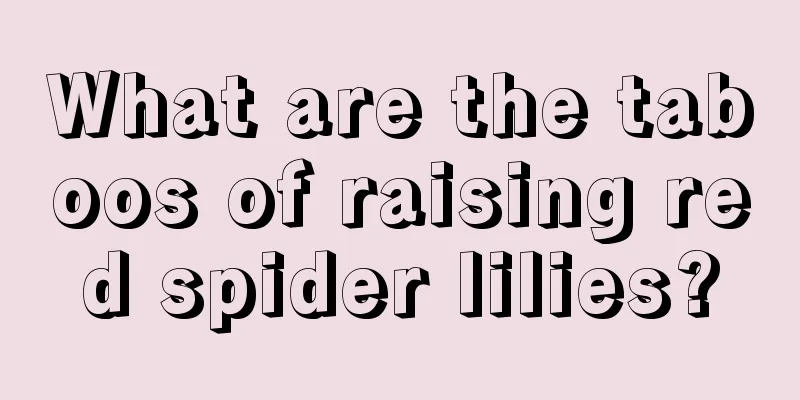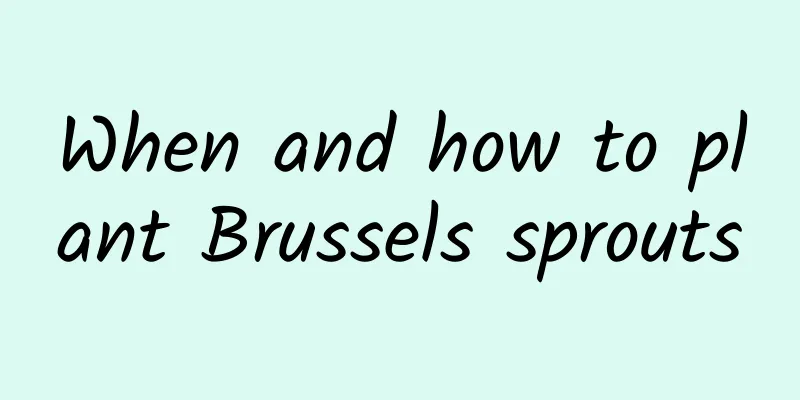Prevention and Control of Rose Powdery Mildew

Disease symptomsWhen this disease occurs, the leaves of the rose will turn yellow, wither, and curl. The flowers sometimes fail to open normally, and the surface of the plant will be covered with a layer of white powdery substance. In severe cases, it can affect the normal growth of the plant. Onset timeMay is the common peak period of the disease, and June to July is the infectious period. Disease environment1. In warmer climates, this disease is more likely to occur regardless of whether the air is humid or dry; 2. Excessive nitrogen fertilizer use makes the soil where the crops are grown seriously lacking in potassium and calcium, which makes the disease more likely to occur; 3. Poor light transmission and ventilation, coupled with the plants being too dense, will aggravate the disease; 4. This disease is prone to occur when the temperature difference of cultivated plants is too large; 5. This disease is prone to occur when the soil is too dry. Prevention and treatment methodsPrevention: When growing plants, observe the soil more often, water them appropriately, and try to balance the nutrients when fertilizing, instead of applying too much fertilizer, so that the plants can improve their own resistance. Prune them in a timely manner, especially when you find diseased branches and leaves such as yellowing and withering, clean them up thoroughly. Pay attention to the light and ventilation environment. Roses should be placed in a location with plenty of sunlight and can be directly exposed to the sun, and there should also be good light and ventilation. Treatment: Some bactericidal and sterilizing drugs can be used for treatment. The soil can be sterilized before planting. During the growing period, the surface of the plants can be sprayed with bactericidal liquid medicine. The best time for spraying is between 8 and 10 in the morning and between 4 and 7 in the afternoon. |
<<: A complete list of causes of flower diseases!
Recommend
How to grow potted carnations better (how to grow carnations bought at home)
Carnation is the flower of mother. It is a varian...
Does hawthorn prefer shade or sun?
Does hawthorn prefer shade or sun? Hawthorn is ea...
How long does it take for roses to acclimate?
Rose acclimatization time If the roses are proper...
How to solve the problem of osmanthus not blooming
1. Increase fertilization 1. Reason: Osmanthus ne...
How to grow money grass
1. Soil When growing Money Plant, if you want it ...
What should I do if the pennywort grows too long?
Causes of Lean Growth When it comes to leggy grow...
How much should I cut the newly bought lucky bamboo, and how should I take care of it after cutting it?
1. How much should I cut the newly bought lucky b...
The difference between Camellia sasanqua and Camellia sinensis, which one is easier to grow
1. The difference between Camellia sasanqua and C...
How to deal with gladiolus after flowering
Treatment of Gladiolus after Flowering 1. Prune t...
The hotter and sunnier the summer, the better these flowers bloom
Blue Snowflake Flower Growing Encyclopedia You sh...
Platycodon grandiflorum planting method and time planting season and management technology
The best time to plant Platycodon grandiflorum Pl...
Cultivation methods and precautions of fruit vine
1. Maintenance methods 1. Soil: Choose loose, bre...
The difference between dripping Guanyin and taro
1. Dripping Guanyin It is a plant of the Araceae ...
Cultivation methods and precautions of summer plum
How to cultivate summer plum Temperature and ligh...
When is the best time to bud graft fruit trees (best bud grafting time, method and precautions)
What is the best time for budding? The best time ...









